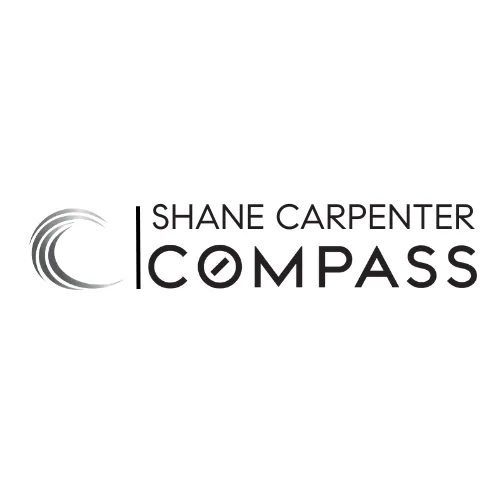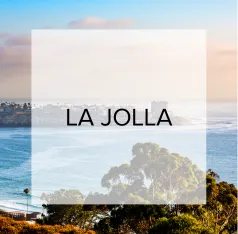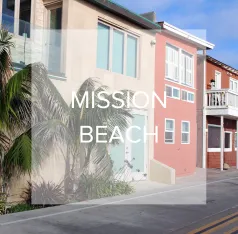Helping You Find Your Place In San Diego...
Building Community with Every Client Connection

My Mission Is To Help You Stay Connected To Community, Active & Healthy For Life!
I understand that you're not just finding a house – you're discovering a community that aligns with your lifestyle. Whether it's the laid-back beach vibes of Encinitas, the picturesque charm of Carlsbad, or the upscale coastal living of Del Mar, I'm here to guide you towards the community that feels like home.
I believe that a home is more than just a place to live – it's a reflection of the community and life around it. Let's find the perfect home that not only meets your needs but also complements the lifestyle you desire. Get in touch with me today and let's start building your dream lifestyle in the community you love.
With a background in healthcare and helping the aging community, I understand that our housing and community needs evolve through different chapters of our lives and I am happy to help be a resource for you at all stages from 1st time buyer- seasoned investor- downsizing and retirement-probate or foreclosure!
Main Office: 7863 Girard Ave
Secondary Office: 1953 San Elijo Ave,
Call 760-557-0760
Email: [email protected]

ALL Right Reserved|Copyright 2024| Agent CA DRE 02117957
Compass is a licensed real estate broker DRE 01527365 in the State of California and abides by Equal Housing Opportunity laws. All material presented herein is intended for informational purposes only. Information is compiled from sources deemed reliable but is subject to errors, omissions, changes in price, condition, sale, or withdrawal without notice. No statement is made as to accuracy of any description. All measurements and square footages are approximate. This is not intended to solicit property already listed. Nothing herein shall be construed as legal, accounting, or other professional advice outside the realm of real estate brokerage.
















Facebook
Instagram
LinkedIn